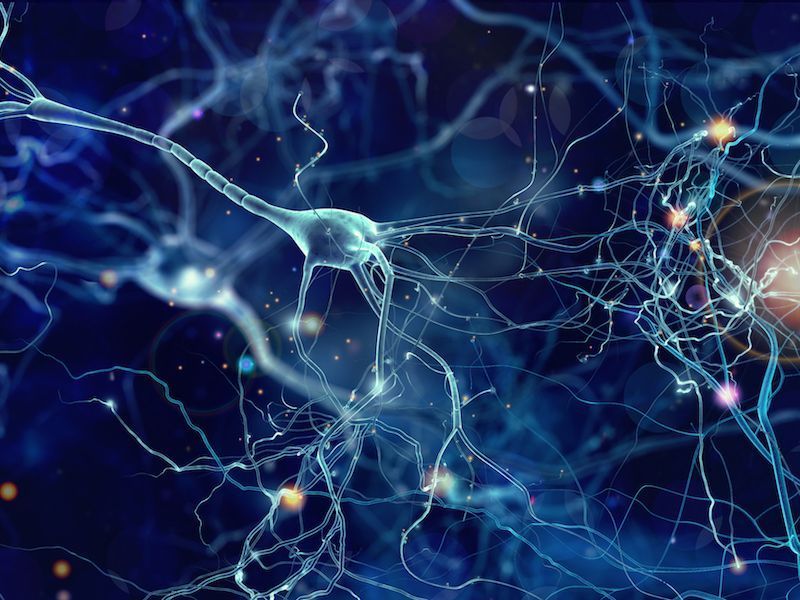Hearing Loss Can be Triggered by This Disease

How frequently do you think about your nervous system? For the majority of people, the answer would probably be not that frequently. Generally, you wouldn’t have to worry about how your neurons are sending messages to the nerves of your body. But when those nerves begin to misfire – that is when something fails – you tend to pay a lot more attention to your nervous system.
One particular disease called Charot-Marie-Tooth Disease which generally affects the extremities can also have a pretty wide-scale affect on the entire nervous system. And there’s some evidence to suggest that CMT can also lead to high-frequency loss of hearing.
What Is Charcot-Marie-Tooth Disease?
Charcot-Marie-Tooth disease is a set of inherited disorders. The protective sheathing surrounding the nerves malfunction due to a genetic condition.
As a result, the impulses sent from your brain to those nerves (and from those nerves back to your brain) don’t work all that well. Functionally, this can cause both a loss in motor function and a loss of sensation.
CMT can be present in numerous varieties and a mixture of genetic factors normally lead to its expressions. For many people with CMT, symptoms begin in the feet and go up into their arms. And, high-frequency hearing loss, strangely, has a high rate of occurrence in those who have CMT.
The Cochlear Nerve: A Connection Between CMT and Hearing Loss
The link between CMT and hearing loss has always been colloquially established (that is, everyone knows someone who has a story about it – at least within the CMT culture). And it seemed to confuse people who had CMT – the ear didn’t seem all that related to the loss of sensation in the legs, for example.
The connection was firmly established by a scientific study just recently when a group of scientists evaluated 79 people with CMT at the University of Iowa Hospitals and Clinics.
The results were quite conclusive. Almost everyone who has CMT passed their low and moderate frequency hearing assessments with flying colors. But high-frequency sounds (in the moderate region in particular) were easily heard by all of the individuals. high-frequency hearing loss, according to this research, is likely to be linked to CMT.
What is The Cause of Hearing Loss And How Can it be Treated?
At first, it may be perplexing to try to figure out the link between high-frequency hearing loss and CMT. Like all other parts of your body rely on properly functioning nerves. Your ears are the same.
What many researchers hypothesize occurs is that the cochlear nerve is affected by the CMT – interfering with your ear’s ability to translate and transmit sounds in a high-frequency range. Certain sounds, including some voices, will be difficult to hear. Notably, understand voices in crowded or noisy rooms can be a real obstacle.
This type of hearing loss is normally treated with hearing aids. CMT has no renowned cure. Modern hearing aids can isolate the exact frequencies to amplify which can give considerable assistance in battling high-frequency hearing loss. The majority of modern hearing aids can also do well in loud settings.
Multiple Causes of Hearing Loss
Further than the unconfirmed theory, it’s still uncertain what the relationship between CMT and high-frequency hearing loss. But hearing aid technology provides an obvious solution to the symptoms of that loss of hearing. So making an appointment to get a fitting for hearing aids will be a smart decision for people who suffer from CMT.
Hearing loss symptoms can occur for a number of reasons. Commonly, it’s a matter of loud sound causing damage to the ears. In other cases, loss of hearing could be the result of an obstruction. It also looks like CMT is another possible cause.


